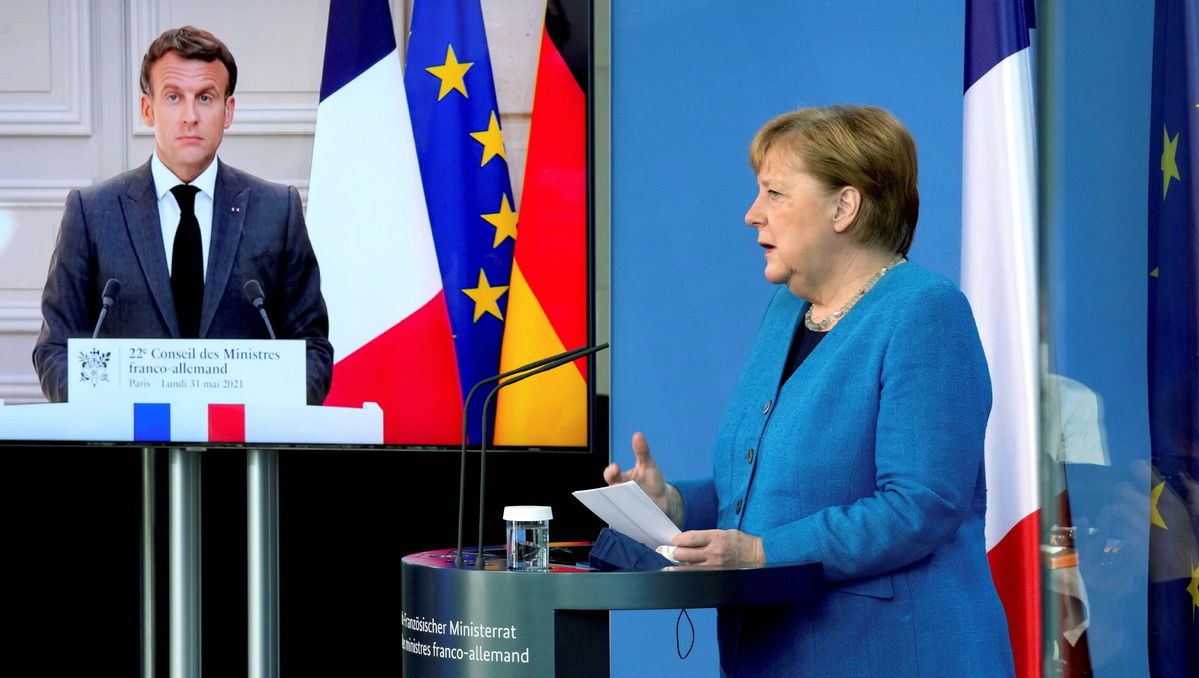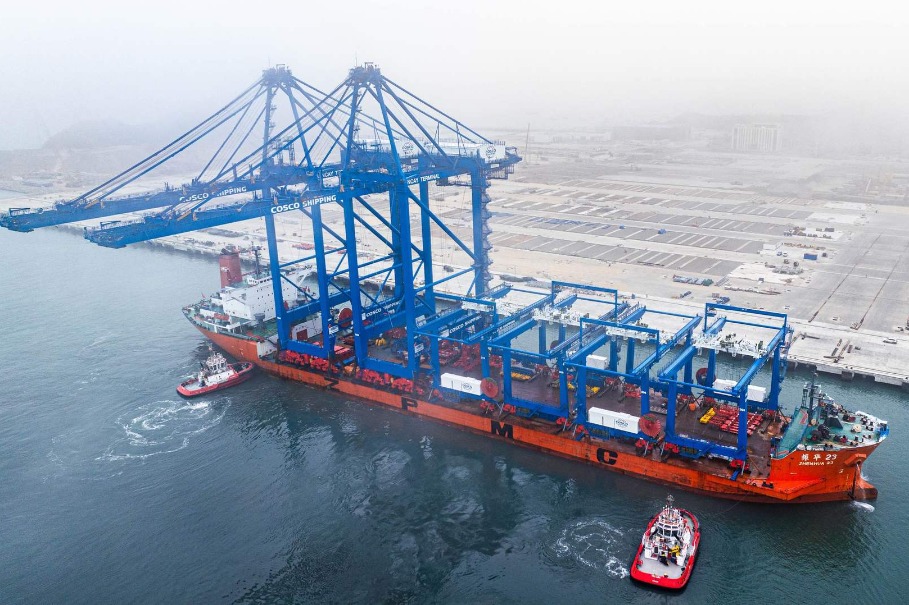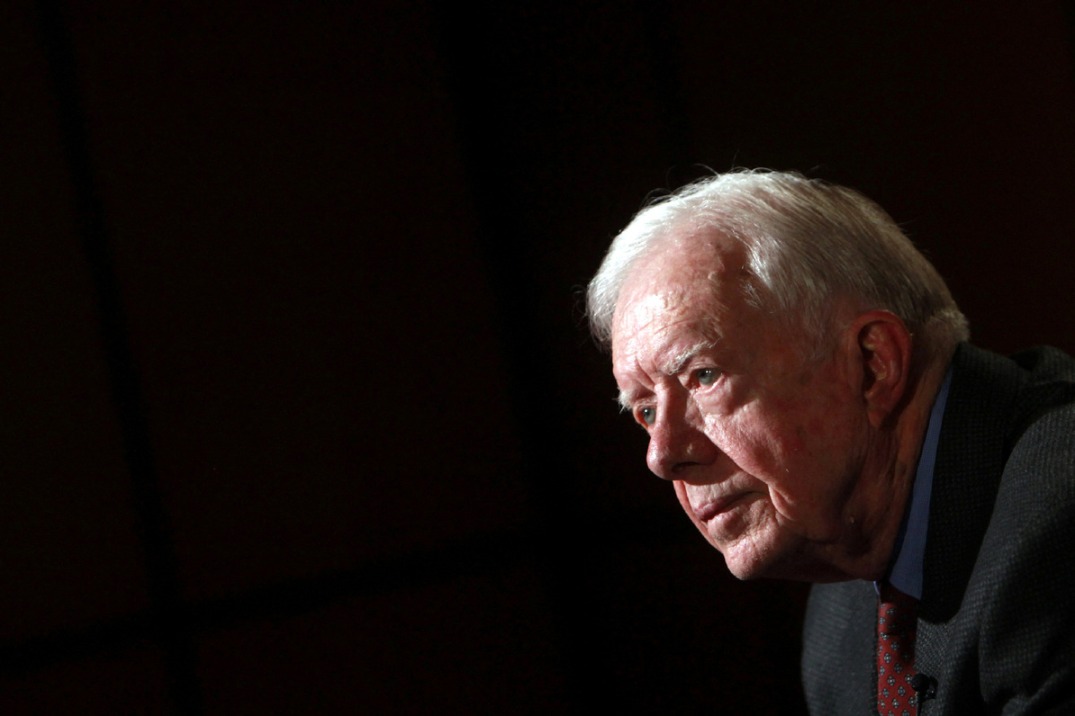US-Danish spying scandal a wake-up call for Europeans


The scandal exposed by Danish broadcaster DR on Sunday that Denmark's secret service helped the US National Security Agency to spy on European politicians is also indicative of the many covert US activities targeting Washington's other allies, and China.
Joe Biden, who will travel to Europe for the first time as US president next week to attend the G7 Summit in the United Kingdom and the NATO meeting in Belgium, will have a tough time explaining the US' surveillance activities to European leaders, in particular German Chancellor Angela Merkel who was spied on.
Merkel and French President Emmanuel Macron demanded an explanation from the United States on Monday. But European Union leaders, so far, have been quiet on the issue, which is in stark contrast to the outrage they expressed over the May 23 forced landing of a Ryanair flight in Belarus. The EU had then quickly announced sanctions against Belarus.
The anger of European leaders such as Merkel and Macron, though not expressed at their joint news conference, is understandable, as Denmark helped the NSA spy on leaders of fellow EU member states.
As former NSA whistleblower Edward Snowden, who first exposed the agency's surveillance on world leaders in 2013, tweeted on Monday, Biden seems deeply involved in the scandal. Snowden said that not only Denmark, but also its senior surveillance partner, should be required to publicly disclose the details of the surveillance program.
The US administration has not commented on the issue. What is also shocking is that CNN, which calls everything breaking news, chose to downplay this real breaking news. Instead of covering it in its news program, it only ran news stories on its website. Had the surveillance been conducted by China or Russia, something which neither country would ever do, it would have become top breaking news for days.
According to the DR, the NSA is said to have accessed text messages and phone conversations of prominent European leaders by tapping into Danish internet cables in cooperation with Danish intelligence agency FE.
The Danish weekly, Weekendavisen, quoted by France 24, called Denmark "a sort of de facto and unofficial member of the Five Eyes club", referring to the five intelligence sharing English-speaking countries-the US, the UK, Canada, Australia and New Zealand.
A Tuesday analysis by France 24 traced the US-Denmark nexus back to the early 1990s when Copenhagen realized that it was sitting on an espionage gold mine-the submarine cables carrying electronic communications between the US and Europe run through its territorial waters. The FE secretly tapped into them and went to the US intelligence services to share that access for a price. "The NSA jumped at the opportunity," wrote Germany's leading center-left newspaper Suddeutsche Zeitung, one of several European media outlets cooperating with DR in the investigation.
Flemming Splidsboel Hansen, a specialist in international security issues at the Danish Institute of International Relations, described the US as "probably the only country that can afford to do that on our soil without fearing the consequences".
The DR revelation is likely only the tip of the iceberg since US companies control most of the about 400 undersea cables in the world. In fact, 30 percent of the cables are owned by Facebook and Google alone.
The scandal also explains why the US has gone berserk over the past years, slandering and trying to sabotage undersea cable and 5G projects by Chinese companies, in particular Huawei-because they would deny the NSA access to these cables and thus thwart the US' surveillance attempts.
The scandal is a timely reminder to the EU to make good its vow to strengthen its strategic autonomy.
The author is chief of China Daily EU Bureau based in Brussels.


































